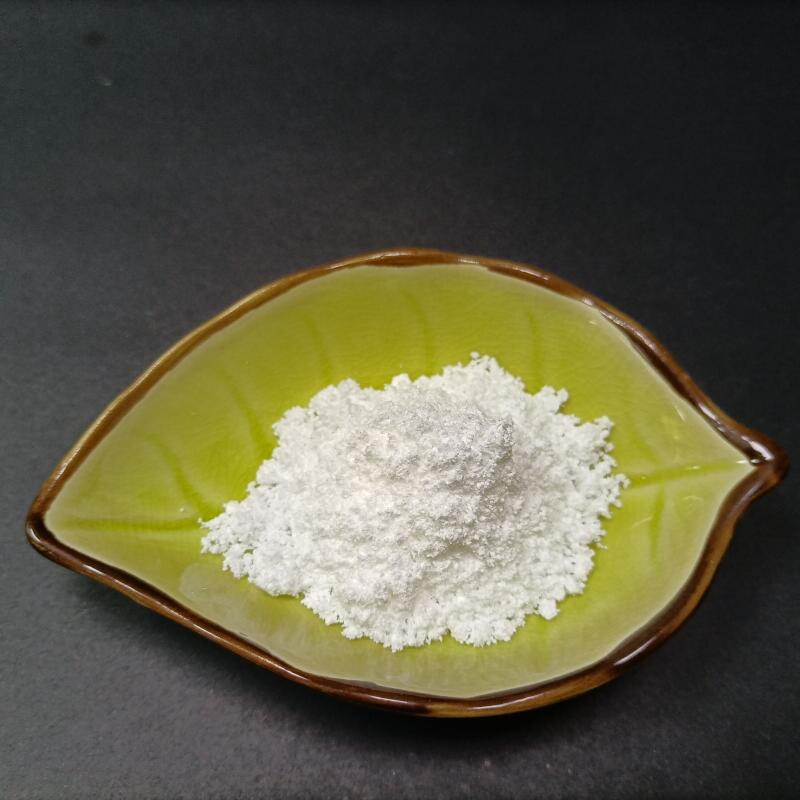-
Categories
-
Pharmaceutical Intermediates
-
Active Pharmaceutical Ingredients
-
Food Additives
- Industrial Coatings
- Agrochemicals
- Dyes and Pigments
- Surfactant
- Flavors and Fragrances
- Chemical Reagents
- Catalyst and Auxiliary
- Natural Products
- Inorganic Chemistry
-
Organic Chemistry
-
Biochemical Engineering
- Analytical Chemistry
-
Cosmetic Ingredient
- Water Treatment Chemical
-
Pharmaceutical Intermediates
Promotion
ECHEMI Mall
Wholesale
Weekly Price
Exhibition
News
-
Trade Service
When the COVID-19 pandemic occurs in 2020 , people have reason to worry that the disease may have similar effects on pregnant women as influenza or other coronavirus infections .
COVID-19 infection with new coronary pneumonia
Since September 2020, the second wave of pregnant women in the UK seems to have a more significant impact on pregnant women.
Since March 26, 2020, 96 COVID-19 women aged 16-49 have been recommended to use ECMO.
The latest report from the National Audit Research Center for Intensive Care from March 5, 2021 emphasizes the increase in the number of pregnant women who are pregnant or the most recent (i.
In addition, since August 31, 2020, among 16-49-year-old women who need invasive ventilation within 24 hours of admission, the proportion of pregnant or recent pregnancy is higher (625 in the first wave, 87 [14%] ; The second wave is 376 people, 31 people [8%]).
The observed increase in the number of pregnant women with severe COVID-19 may be related to the emergence of a more pathogenic SARS-CoV-2 strain.
There is no evidence that the B.
During the second wave, more experiments were conducted, and the laboratories increased their testing capabilities.
There are no reports of an increase in neonatal mortality, but the possible relationship between COVID-19 and stillbirth is controversial.
Vertical transmission of SARS-CoV-2 is a relatively common route of transmission for newborns diagnosed with COVID-19 immediately after birth .
In the second wave of the COVID-19 pandemic, the conditions of pregnant women and perinatal women were more severe than those observed in the first wave.
Suraj Kadiwar.
Suraj Kadiwar.
Leave a message here







